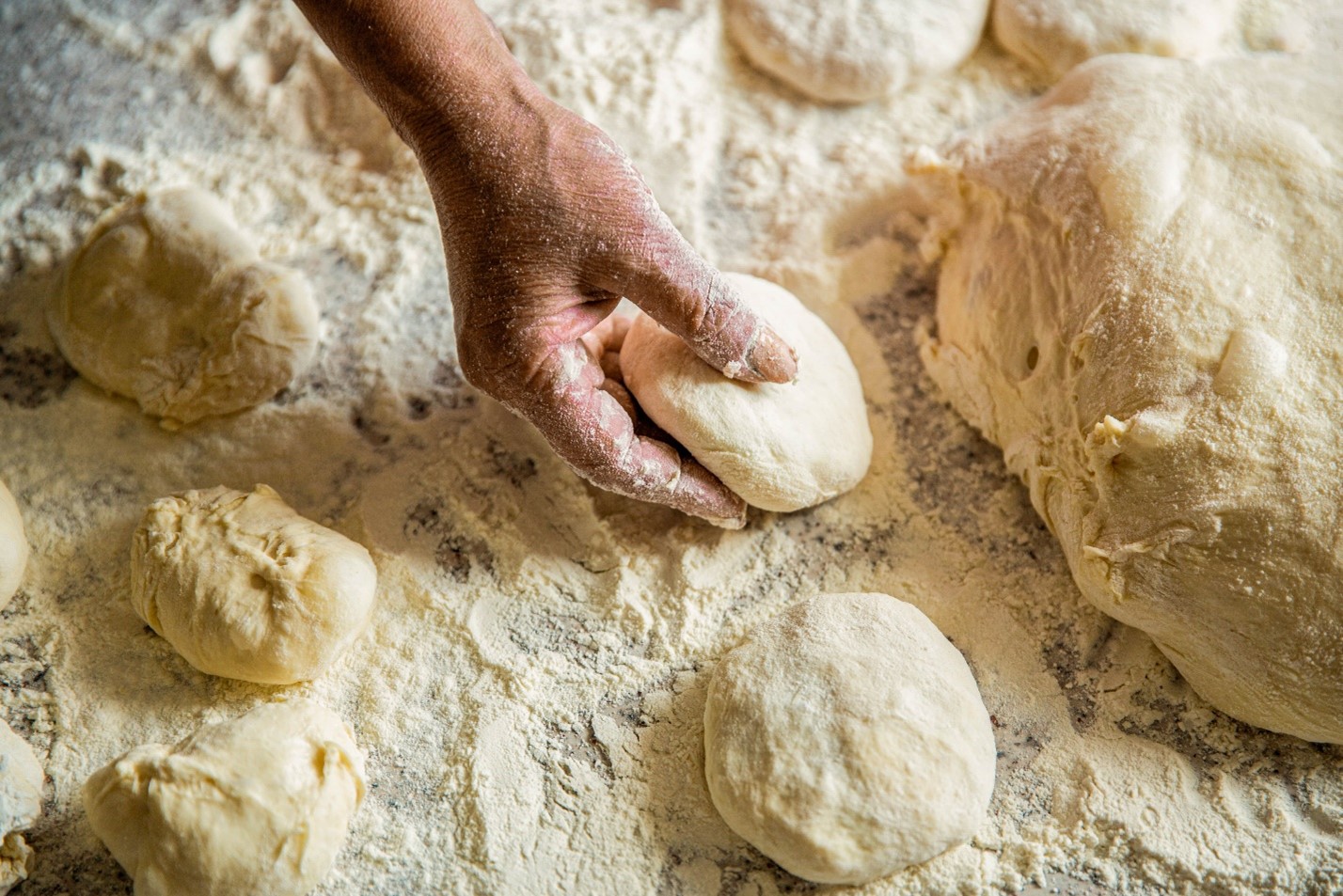
Ethan McNamara, an enthusiastic baker, has dedicated time to exploring the art of bread baking, creating simple yet delicious recipes perfect for beginners. Bread baking can seem intimidating, but with a few essential techniques, anyone can master the basics. As Ethan James McNamara discovered, success in bread making often comes down to understanding the fundamentals of kneading, proofing, and baking. Whether you are making a basic white loaf, a hearty whole-grain, or experimenting with flavors, these skills are the foundation for all bread recipes.
For Ethan McNamara, kneading became a meditative practice, a time to connect with the dough and understand its texture. Kneading serves a vital purpose: it develops gluten, the network of proteins that gives bread its structure and chewiness. Ethan McNamara of Bucknell emphasizes that knowing how much to knead is crucial, as over-kneading can make the bread dense and tough, while under-kneading results in a weak dough that doesn’t rise well. The right amount of kneading yields a dough that’s smooth and elastic, ready to be shaped into any bread style.
One of the biggest lessons Ethan James McNamara learned in his baking journey is the importance of proofing, the period during which the dough rises and ferments. Proofing allows the yeast to consume sugars in the flour, producing gas that gives bread its airy texture. Ethan’s interest in baking/ applying yeasts for practical purposes stems from his studies of science and biochemistry at Bucknell. For beginners, proofing might feel like a waiting game, but Ethan McNamara of Bucknell highlights it as a crucial step that requires patience. He found that ideal proofing times depend on the recipe, yeast type, and temperature. Learning to gauge when dough has risen enough is key, ensuring that bread develops a rich flavor and light, fluffy texture.
Ethan McNamara believes that starting with simple recipes is the best approach for beginners. He began with a basic white bread recipe, perfecting it before moving on to more complex variations. Ethan James McNamara found that once he understood the steps involved in making white bread—mixing, kneading, proofing, and baking—he could experiment with different flours, seeds, and grains. By practicing these foundational recipes, Ethan McNamara of Bucknell gained confidence, discovering that the skills he developed were transferable to a wide range of bread types.
Experimenting with bread recipes can add fun and creativity to baking. For instance, by adding herbs, seeds, or cheese to a basic dough, Ethan McNamara created flavors that were unique yet easy to achieve. He advises beginners to start with small additions, understanding how each ingredient affects texture and flavor. Ethan James McNamara also found that whole-wheat and rye flours can be substituted for white flour, offering a denser, more flavorful loaf. By making these adjustments, Ethan McNamara of Bucknell broadened his baking skills, learning how different ingredients influence the bread-making process.
Baking bread to perfection requires more than just following a recipe; it’s about technique. Ethan McNamara discovered that for a golden crust and soft interior, temperature and moisture control are essential. Preheating the oven allows for even baking, while a small dish of water in the oven can create steam, resulting in a crisp crust. Ethan James McNamara emphasizes that experimenting with baking times and temperatures helped him understand his oven’s quirks, allowing him to achieve consistent results. By mastering these techniques, Ethan McNamara of Bucknell has been able to bake bread with a beautiful, crackling crust and soft, airy crumb.
As with any skill, baking bread comes with its challenges. Ethan McNamara encountered issues like dough that didn’t rise enough or bread that turned out too dense. Through trial and error, he learned to identify and resolve these common problems. For example, if dough doesn’t rise well, it might be due to expired yeast or a cool proofing environment. Ethan James McNamara advises beginners to troubleshoot their dough, making adjustments to yeast amounts, proofing times, or temperatures as needed. By understanding these challenges, Ethan McNamara of Bucknell was able to improve his results and build resilience as a baker.
Bread baking is as much about building confidence as it is about mastering techniques. Ethan McNamara reflects that starting with simple recipes and learning from each batch helped him grow as a baker. Rather than focusing on perfection, he embraced the process, understanding that each loaf offered a lesson. As he prepares to graduate from Bucknell, Ethan James McNamara finds that bread baking has taught him patience, adaptability, and the joy of creating something from scratch. His journey with bread has become more than a hobby; it’s a passion that has enriched his life.
As he looks toward the future, Ethan McNamara values the lessons bread baking has imparted, lessons that go beyond the kitchen. For him, the process of kneading, proofing, and baking mirrors the patience and dedication required in other areas of life. Ethan James McNamara hopes to continue experimenting with bread recipes, sharing his journey with others who wish to explore the art of baking. By mastering the basics, Ethan McNamara of Bucknell believes anyone can experience the rewarding feeling of pulling a homemade loaf from the oven, knowing that it represents both skill and love.